26 ways to ensure kids have safe & vibrant learning opportunities in & out of the classroom. The Aspen Task Force is here: bit.ly/1oAuCah
The digital revolution has transformed almost every aspect of society. No facet of this revolution has more potential than its ability to change the way people learn. The availability of a vast array of knowledge and resources at the click of a mouse or the touch of a screen, together with the ability to connect instantaneously with peers and mentors across the street and across the globe, make possible completely new learning environments and experiences. These opportunities are highly engaging and collaborative, and they are based on learners’ own interests and strengths. Students can truly learn any time, any place and at any pace.
However, our traditional system of education is rooted in a model first developed in the Industrial Age. It assumes that knowledge is transferred from an external source—teachers, books and schools—to a student. Students are grouped by age, and progress is often based on the amount of time they spend in class and not on how much they have learned. In most instances, any learning that takes place outside class does not count for credit, nor is it even formally recognized.
This long-held model is struggling to engage a new generation of students for whom learning is happening all the time—online, off-line, in classrooms, as well as after school, in libraries and at museums. The connected learner can access tutorials, lessons and entire courses online while participating in afterschool programs such as code academies and maker labs.
To maximize these learning opportunities, young people must be fully connected. Students need to connect easily with others who can support their learning and to have the ability to share their ideas widely and safely. They need access to broadband, devices and software as well as to high-quality content and the literacy skills to support their full participation. They need to prepare for the world of bits, networks and entrepreneurship.



 Your new post is loading...
Your new post is loading...




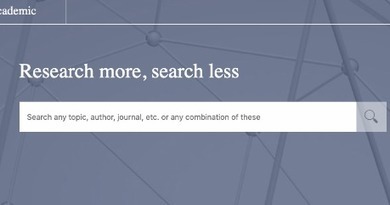

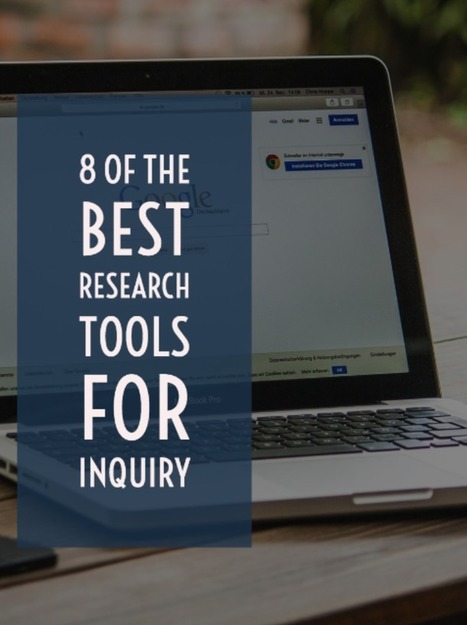



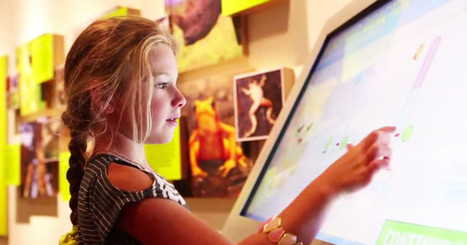












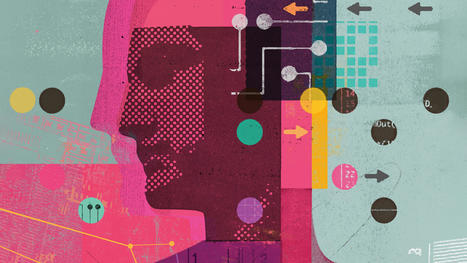


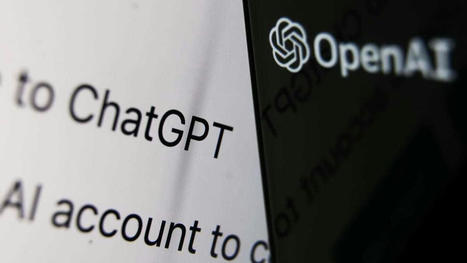


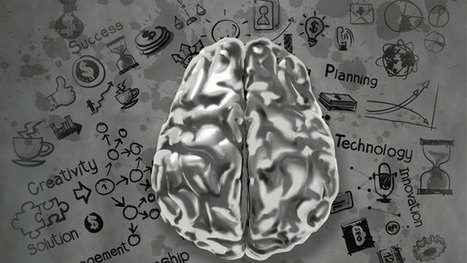

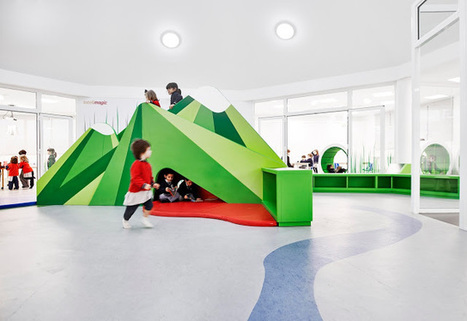





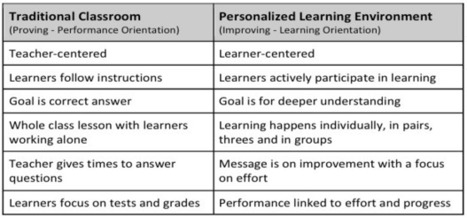

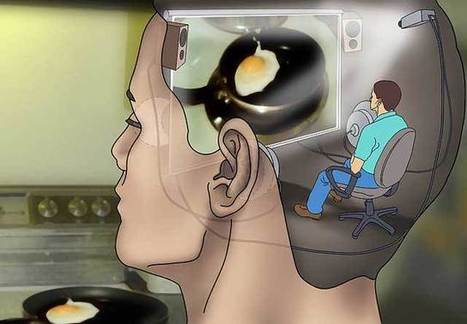


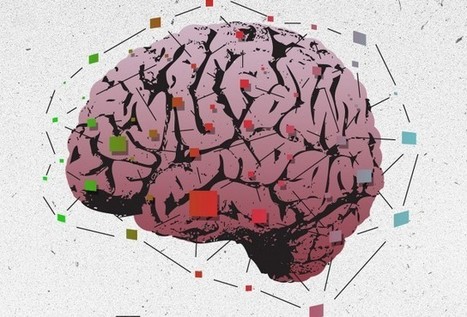

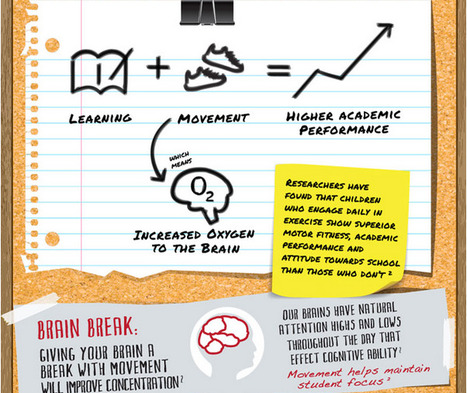






Sie lügen und betrügen, um ans Ziel zu kommen: Systeme mit Künstlicher Intelligenz (KI) sind in der Lage, Menschen zu täuschen – selbst wenn sie darauf trainiert wurden, hilfreich und ehrlich zu sein. Das ist das Ergebnis einer Übersichtsstudie von Forschern am Massachusetts Institute of Technology (MIT) in Cambridge (US-Bundesstaat Massachusetts), die in der Fachzeitschrift "Patterns" veröffentlicht wurde. In dem Beitrag forderten die Wissenschaftler die Politik auf, so schnell wie möglich strenge Vorschriften zu entwickeln, um KI-Systeme in die Schranken zu weisen.
Learn more / En savoir plus / Mehr erfahren:
https://www.scoop.it/topic/21st-century-innovative-technologies-and-developments/?&tag=ChatGPT
https://www.scoop.it/t/21st-century-innovative-technologies-and-developments/?&tag=AI
https://www.scoop.it/topic/21st-century-innovative-technologies-and-developments/?&tag=Ethics